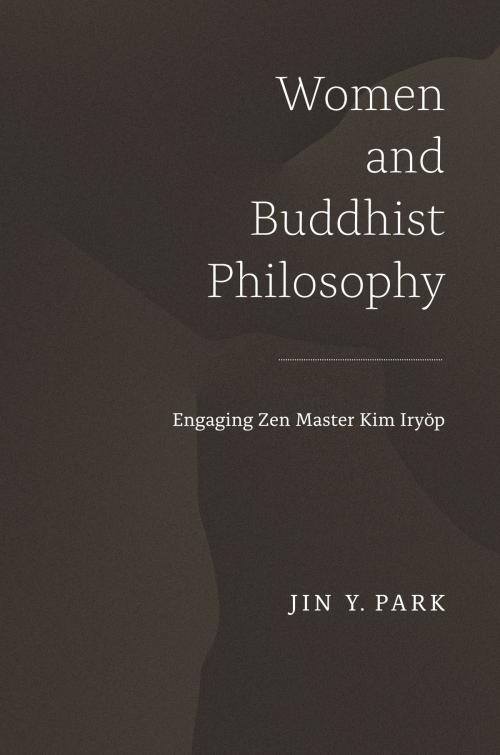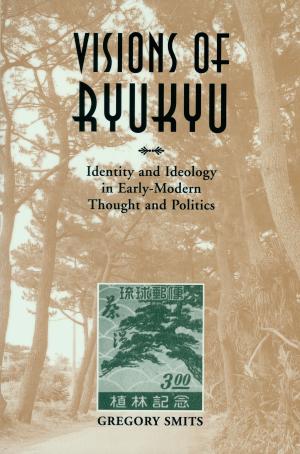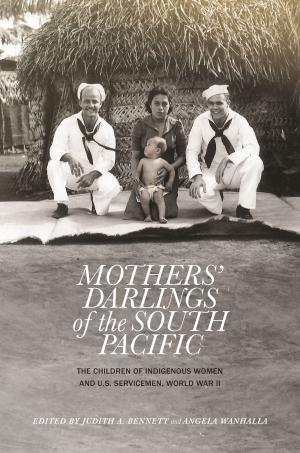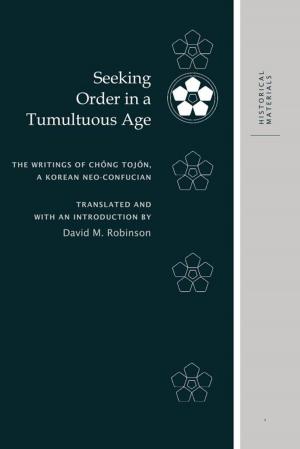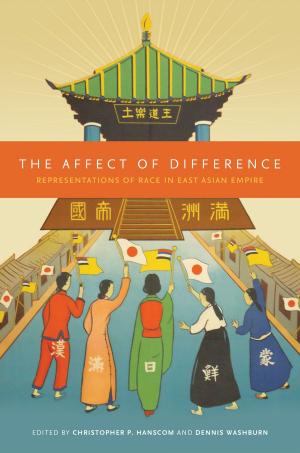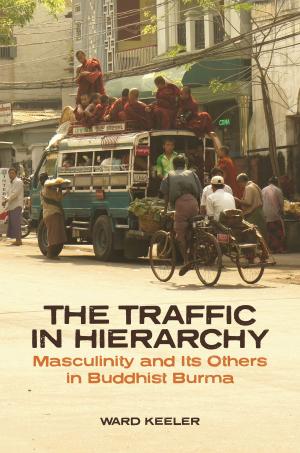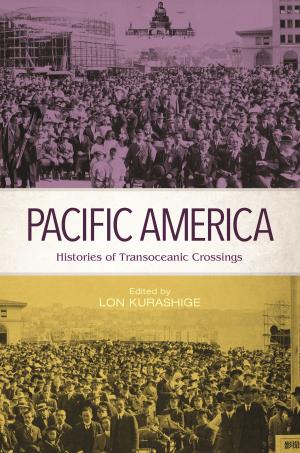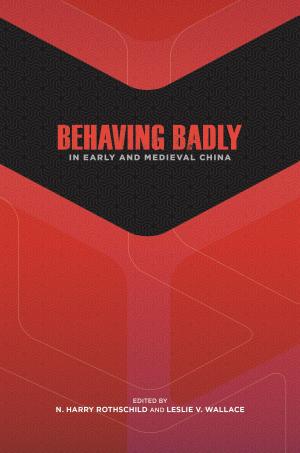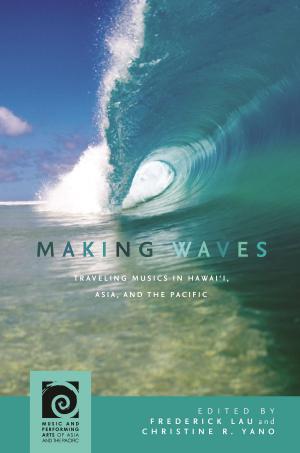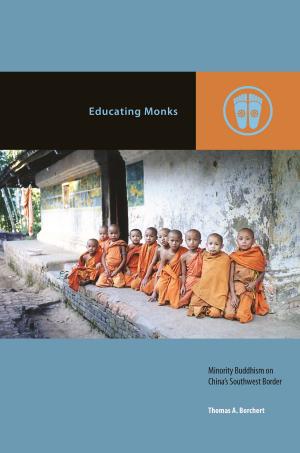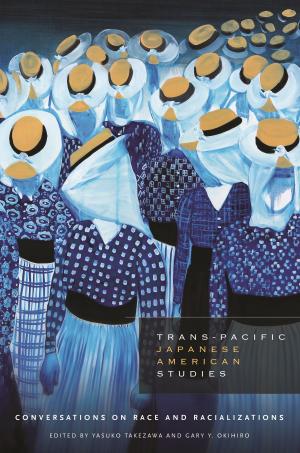Women and Buddhist Philosophy
Engaging Zen Master Kim Iryŏp
Nonfiction, Religion & Spirituality, Philosophy, Zen, Eastern Religions, Zen Buddhism| Author: | Jin Y. Park | ISBN: | 9780824858797 |
| Publisher: | University of Hawaii Press | Publication: | February 28, 2017 |
| Imprint: | University of Hawaii Press | Language: | English |
| Author: | Jin Y. Park |
| ISBN: | 9780824858797 |
| Publisher: | University of Hawaii Press |
| Publication: | February 28, 2017 |
| Imprint: | University of Hawaii Press |
| Language: | English |
Why and how do women engage with Buddhism and philosophy? The present volume aims to answer these questions by examining the life and philosophy of a Korean Zen Buddhist nun, Kim Iryŏp (1896–1971). The daughter of a pastor, Iryŏp began questioning Christian doctrine as a teenager. In a few years, she became increasingly involved in women’s movements in Korea, speaking against society’s control of female sexuality and demanding sexual freedom and free divorce for women. While in her late twenties, an existential turn in her thinking led Iryŏp to Buddhism; she eventually joined a monastery and went on to become a leading figure in the female monastic community until her death.
After taking the tonsure, Iryŏp followed the advice of her teacher and stopped publishing for more than two decades. She returned to the world of letters in her sixties, using her strong, distinctive voice to address fundamental questions on the scope of identity, the meaning of being human, and the value of existence. In her writing, she frequently adopted an autobiographical style that combined her experiences with Buddhist teachings. Through a close analysis of Iryŏp’s story, Buddhist philosophy and practice in connection with East Asian new women’s movements, and continental philosophy, this volume offers a creative interpretation of Buddhism as both a philosophy and a religion actively engaged with lives as they are lived. It presents a fascinating narrative on how women connect with the world—whether through social issues such as gender inequality, a Buddhist worldview, or existential debates on human existence and provides readers with a new way of philosophizing that is transformative and deeply connected with everyday life.
Women and Buddhist Philosophy: Engaging Zen Master Kim Iryŏp will be of primary interest to scholars and students of Buddhism, Buddhist and comparative philosophy, and gender and Korean studies.
Why and how do women engage with Buddhism and philosophy? The present volume aims to answer these questions by examining the life and philosophy of a Korean Zen Buddhist nun, Kim Iryŏp (1896–1971). The daughter of a pastor, Iryŏp began questioning Christian doctrine as a teenager. In a few years, she became increasingly involved in women’s movements in Korea, speaking against society’s control of female sexuality and demanding sexual freedom and free divorce for women. While in her late twenties, an existential turn in her thinking led Iryŏp to Buddhism; she eventually joined a monastery and went on to become a leading figure in the female monastic community until her death.
After taking the tonsure, Iryŏp followed the advice of her teacher and stopped publishing for more than two decades. She returned to the world of letters in her sixties, using her strong, distinctive voice to address fundamental questions on the scope of identity, the meaning of being human, and the value of existence. In her writing, she frequently adopted an autobiographical style that combined her experiences with Buddhist teachings. Through a close analysis of Iryŏp’s story, Buddhist philosophy and practice in connection with East Asian new women’s movements, and continental philosophy, this volume offers a creative interpretation of Buddhism as both a philosophy and a religion actively engaged with lives as they are lived. It presents a fascinating narrative on how women connect with the world—whether through social issues such as gender inequality, a Buddhist worldview, or existential debates on human existence and provides readers with a new way of philosophizing that is transformative and deeply connected with everyday life.
Women and Buddhist Philosophy: Engaging Zen Master Kim Iryŏp will be of primary interest to scholars and students of Buddhism, Buddhist and comparative philosophy, and gender and Korean studies.
